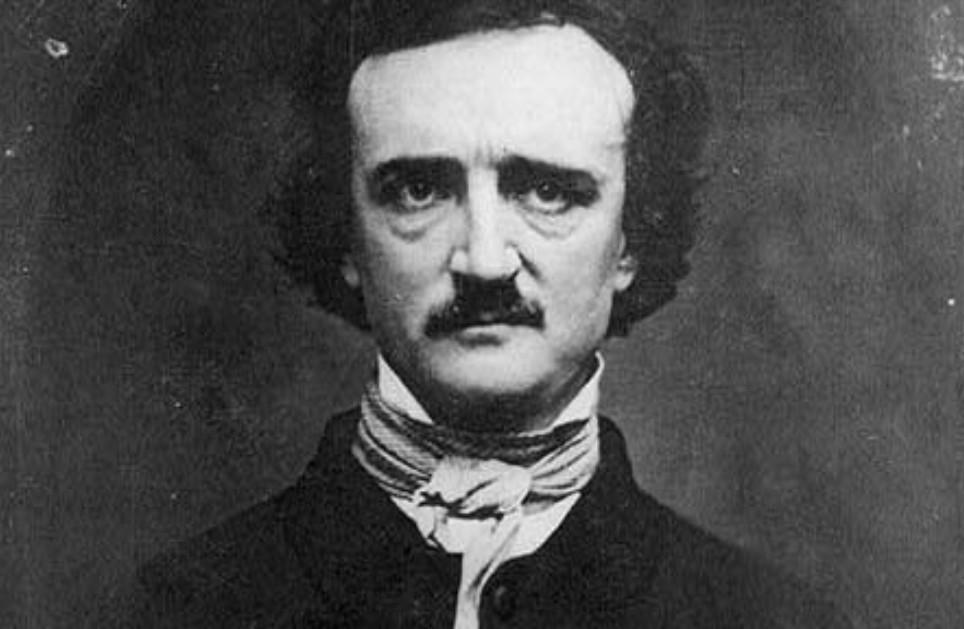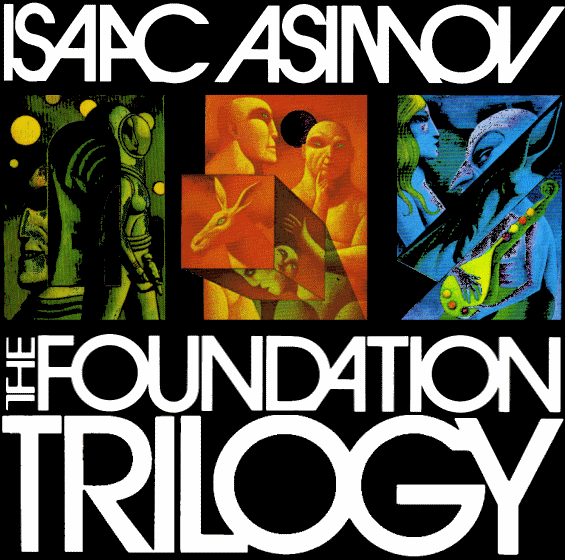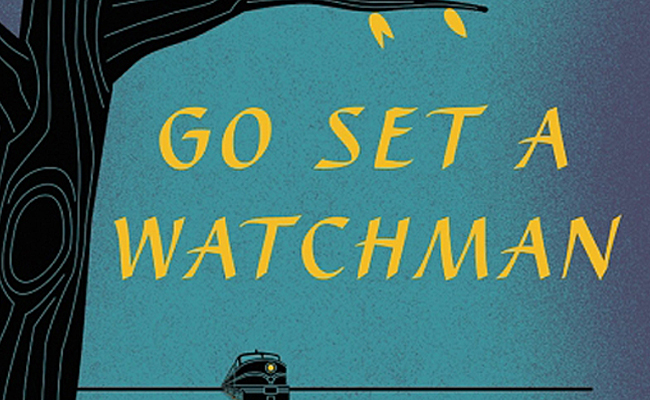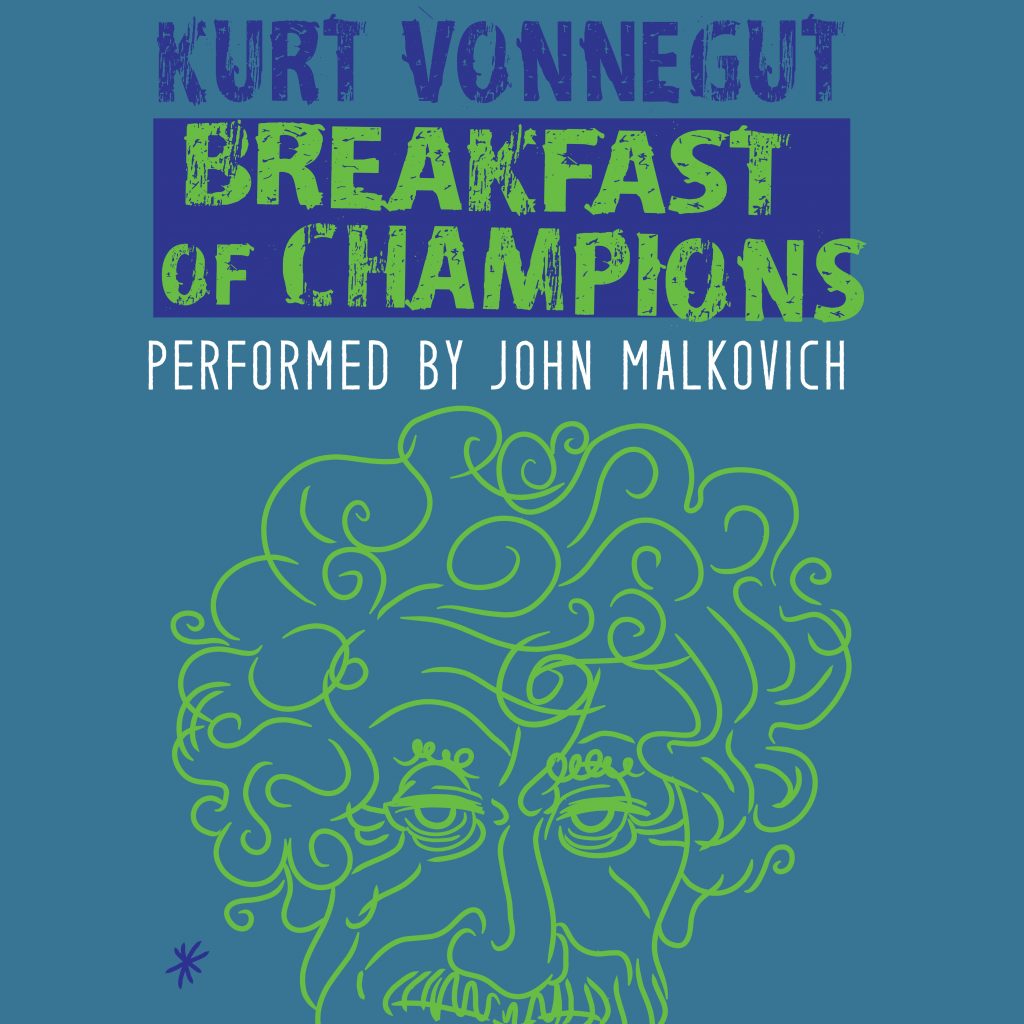Neil Gaiman might just be the most beloved fantasy author out there. He writes weird, twisted, exhilarating tales about hidden realities and the bizarre, fanciful creatures that live in them. His works, like Sandman, Fragile Things and American Gods, are pure escapism and a blast to read. No doubt, that’s the major reason why the author has developed such a rabid fan base.
But perhaps another reason is that he is simply more available than most writers. Sure, other authors, like J. K. Rowling for instance, might have inspired an entire generation with her Harry Potter series but she prefers to keep a certain remove from her readership. Though she has a Twitter account, she uses it sparingly.
Gaiman, on the other hand, is seemingly always on Twitter — he has, as of this writing, tweeted at least nine times in the past 24 hours, interacting with fans, publishers and the press. This is the guy who once reportedly signed 75,000 copies of his book The Ocean at the End of the Lane, after all.
He has also posted a lot of his work for free up on the internet. Below is a list of Gaiman’s work that you can read, see or hear online. Many are read by Neil himself. If you know of any missing texts, please let us know and we’ll get them added to our list ASAP.
Above you can find videos of Gaiman reading the first chapter of his book Coraline, and also the story “The Man Who Forgot Ray Bradbury.”
Audio & Video
- Click-Clack the Rattle Bag — Free Video
- Coraline — Free Video
- “Harlequin Valentine” — Free Audio at Last.FM
- “How to Talk to Girls at Parties” – Free MP3
- “Orange” (read live) – Free Video
- “Other People” (read live) – Free Video
- “The Day the Saucers Came” — Free Video
- “The Man Who Forgot Ray Bradbury” — Free Audio
- The Truth Is a Cave in the Black Mountains — Free Audio
- The Graveyard Book (a novel read live with illustrations) – Free Video
- “A Study in Emerald” – Free iTunes
Text
- “A Calendar of Tales” — Read Online
- “A Study in Emerald” — Read Online
- “Bitter Grounds” — Read Online
- “Cinnamon” – Read Online
- ‘Click-clack the Rattlebag’ — Read Online
- “Down to a Sunless Sea” — Read Online
- “How To Talk To Girls At Parties” — Read Online
- “I Cthulhu” – Read Online
- “The Case of the Four and Twenty Blackbirds” – Read Online
- “The Day the Saucers Came” – Read Online
- The Truth Is a Cave in the Black Mountains — Read Online
Related Content:
1,000 Free Audio Books: Download Great Books for FreeNeil Gaiman Reads “The Man Who Forgot Ray Bradbury”
Where Do Great Ideas Come From? Neil Gaiman Explains
Amanda Palmer Animates & Narrates Husband Neil Gaiman’s Unconscious Musings
Jonathan Crow is a Los Angeles-based writer and filmmaker whose work has appeared in Yahoo!, The Hollywood Reporter, and other publications. You can follow him at @jonccrow. And check out his blog Veeptopus, featuring lots of pictures of vice presidents with octopuses on their heads. The Veeptopus store is here.






